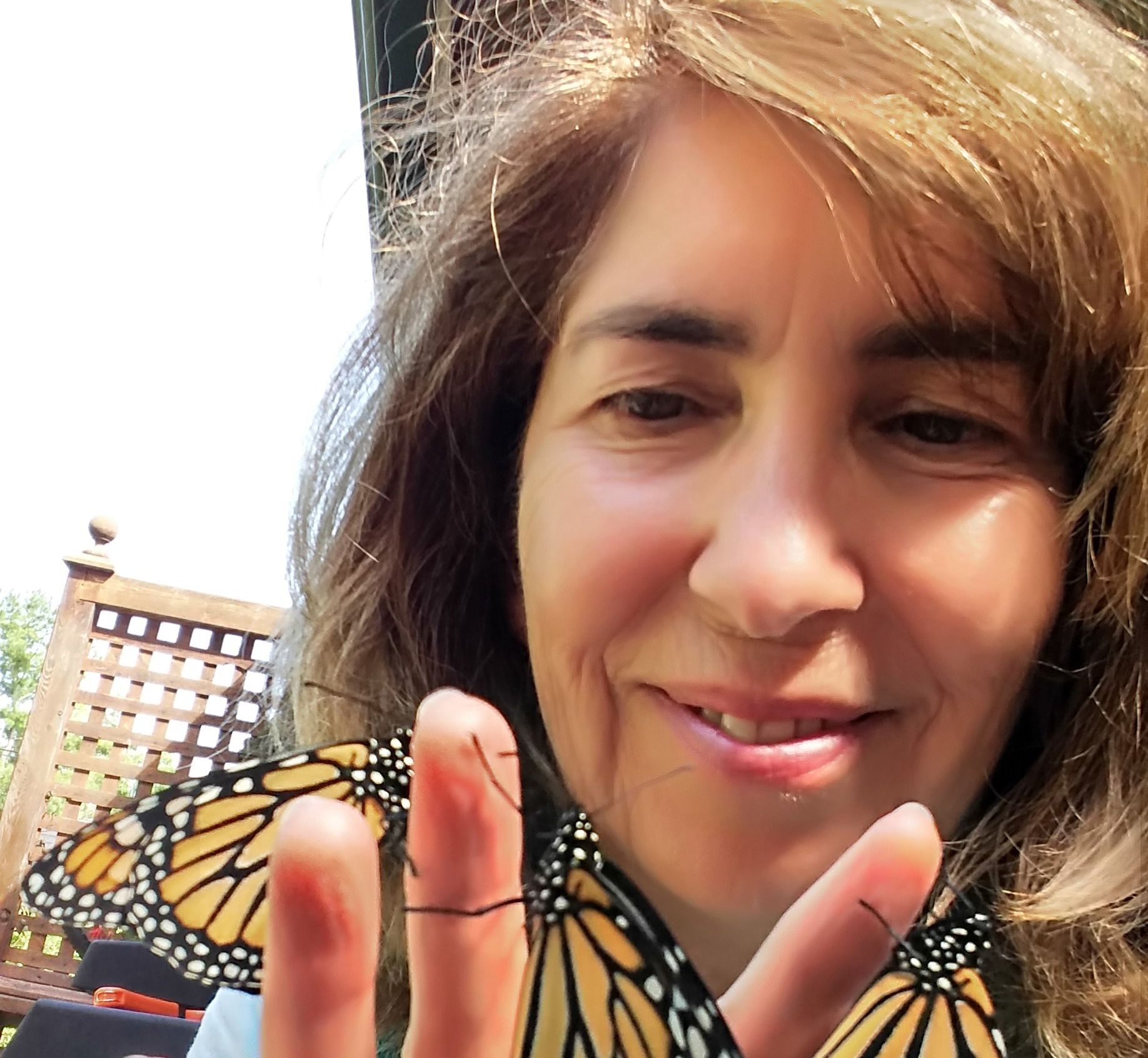While many parents are anxiously awaiting the arrival of widespread genetic testing for autism spectrum disorder, others are reserving judgment. “The genetic stuff for me is a wild card,” says Roy Jacobs,* a physician, a U of T professor and the father of an autistic son in his twenties. “Autism isn’t a curable or preventable disorder, so what do we do with the ability to know?” When his son, as a preteen, was diagnosed with ASD, he had already been receiving years of special education support, speech therapy, individual counselling and social skills training. There was nothing else to be done.
Jacobs acknowledges, though, that his daughter, who used to pray for her brother to love her more, was reassured to learn that his condition wasn’t her fault. Still, even though she’s now old enough to have children, she’s in no hurry to be tested for ASD-related genes. Even if she does carry them, the chance of passing them on to her children is a risk, not a certainty.
With prenatal testing on the horizon, such as that for Down syndrome, there’s also the potential issue of abortion based on genetic test results. “We’re not at the point of testing for autism genes through amniocentesis,” says developmental pediatrician Wendy Roberts. She adds that it’s not the researchers’ goal to wipe out high-functioning autism. For instance, it’s believed that pianist Glenn Gould and physicists Albert Einstein and Isaac Newton had some form of autism.
There’s also Carly Fleischmann, a 15-year-old Toronto girl with severe autism who cannot speak but can use a keyboard, and is providing insights about life with ASD through her website, www.carlysvoice.com. She has written that for her, making eye contact is like taking a thousand photos of the other person’s face at once; that she can’t sit still because she feels as though her legs are on fire and her arms are crawling with ants; and that when she hits the table or screams, it doesn’t mean she’s not listening. She wrote, “If I could tell people one thing about autism it would be that I don’t want to be this way but I am. So don’t be mad. Be understanding.”
Roberts says, “There are some very gifted people with autism who enrich our lives tremendously. But if there was a medication or a way to change the expression of some of those genes that relate to severe aggression, for example, I would prescribe it to my patients.”
*Name changed by request
Recent Posts
U of T’s 197th Birthday Quiz
Test your knowledge of all things U of T in honour of the university’s 197th anniversary on March 15!
Are Cold Plunges Good for You?
Research suggests they are, in three ways
Work Has Changed. So Have the Qualities of Good Leadership
Rapid shifts in everything from technology to employee expectations are pressuring leaders to constantly adapt





